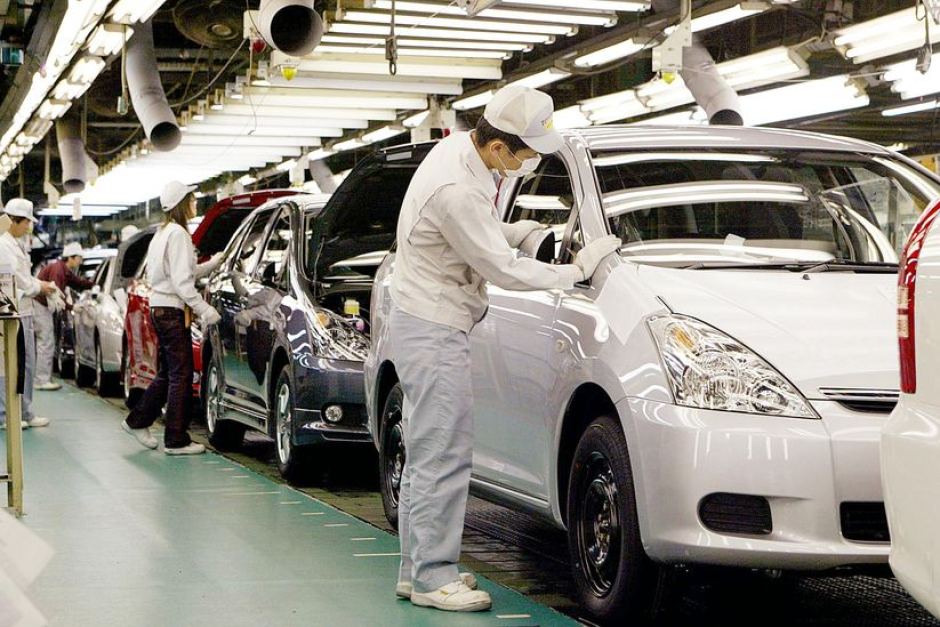Japan-EU EPA to hinge on leaders’ talks
Japan News | 2 July 2017
Japan-EU EPA to hinge on leaders’ talks
(The Yomiuri Shimbun) The ministerial negotiations for an economic partnership agreement (EPA) between Japan and the European Union that were held in Tokyo for two days through Saturday failed to reach an accord.
Both sides were unable to narrow the gap in their stances regarding tariffs on cheese produced in Europe and Japanese automobiles — two key issues in the bilateral talks.
With limited time left, Japan and the EU are seeking a compromise so that a broad agreement can be reached during a meeting between Prime Minister Abe and EU leaders to be held in Brussels on Thursday.
Foreign Minister Fumio Kishida, who is overseeing negotiations, said to reporters after the talks on Saturday evening, “Although we made meaningful progress, important issues remain that both sides must address.”
Kishida expressed his intention to visit the EU headquarters in Brussels prior to the leaders’ meeting to work toward achieving an agreement.
EPA negotiations between Japan and the EU started in 2013. Amid growing global protectionism, both sides agree they need to demonstrate the importance of free trade to the international community by swiftly reaching a broad accord.
Chief negotiators from Japan and the EU participated in working-level talks from June 19, but came up against obstacles. Ministerial negotiations were subsequently held to seek a breakthrough at the political level.
The latest meetings took place Friday through Saturday. They were attended by Kishida and Agriculture, Forestry and Fisheries Minister Yuji Yamamoto from the Japan side, and European Commissioner for Trade Cecilia Malmstrom and European Commissioner for Agriculture and Rural Development Phil Hogan from the EU side.
However, both sides failed to reach a compromise concerning tariffs on cheese produced in Europe. The EU is aiming for a comprehensive elimination of tariffs on all cheese products, but Japan wants them abolished only for some products.
Yamamoto said to reporters, “The [EU] demands are harsh. They are not yet at a level Japan can accept.”






